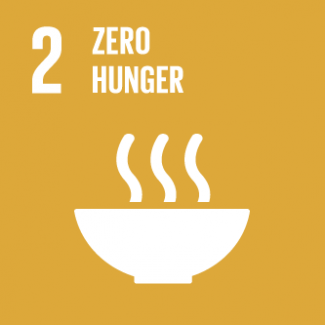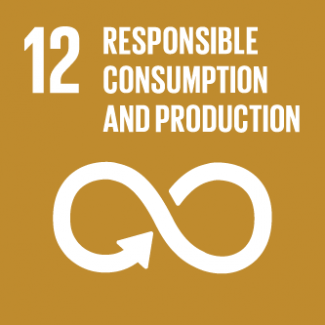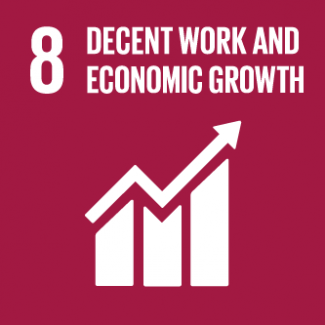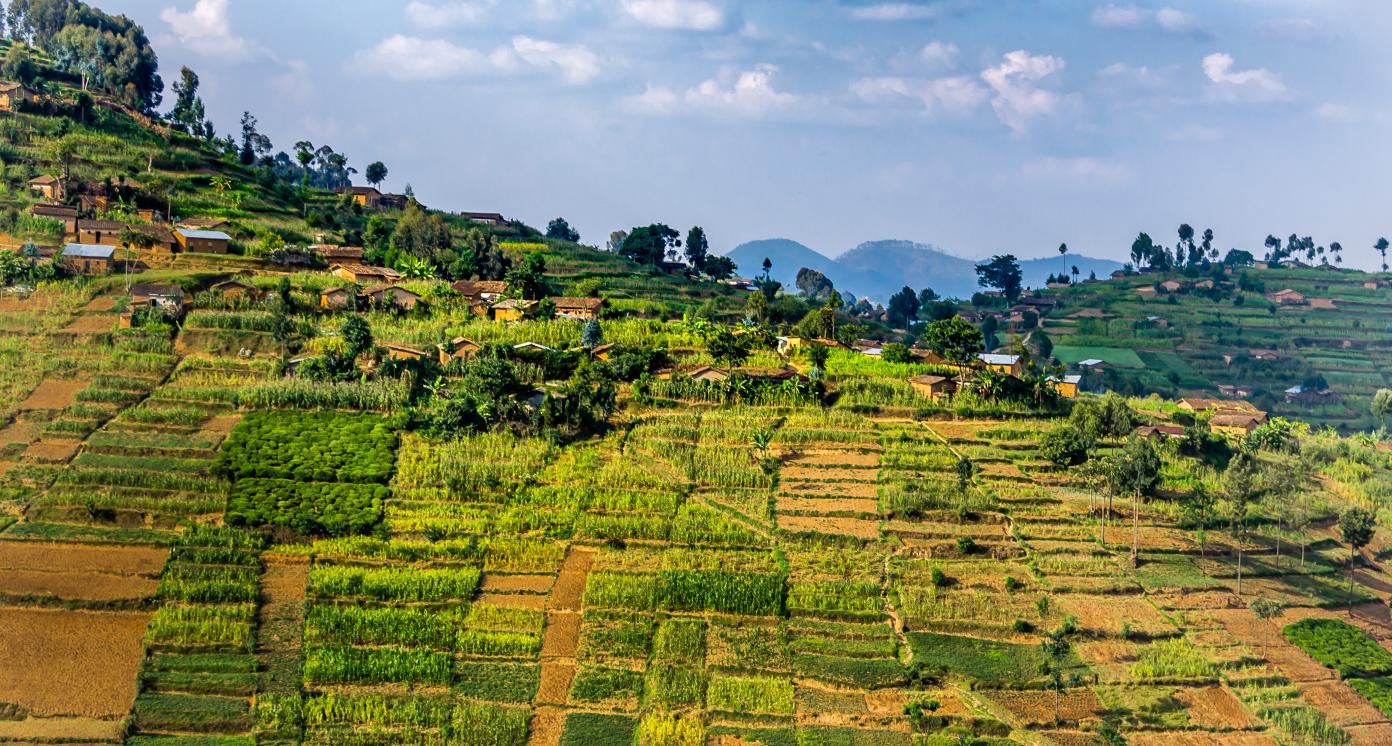Rwanda aspires to reach Middle Income Country (MIC) status by 2035 and High-Income Country (HIC) status by 2050. This aspiration will be carried out through a series of seven-year National Strategies for Transformation (NST1), underpinned by detailed sectoral strategies that are aimed toward achievement of the Sustainable Development Goals.
The NST1 came after the implementation of two, five-year Economic Development and Poverty Reduction Strategies—EDPRS (2008-12) and EDPRS-2 (2013-18), under which Rwanda experienced robust economic and social performances. Growth averaged 7.2 % over the decade to 2019 , while per capita growth domestic product (GDP) grew at 5% annually. The lockdown and social distancing measures, which were critical to control the COVID-19 pandemic, sharply curtailed economic activities in 2020. The government expects GDP to drop by 0.2% in 2020, compared to a projected expansion of 8% before the COVID-19 outbreak.
Rwanda’s public-sector led development model has shown limitations, as public debt has increased significantly in recent years. Rwanda’s growth model has relied heavily on large public investments (12.3% of gross domestic product (GDP) in 2019) leading to substantial fiscal deficits financed mainly through external borrowing. Consequently, the debt-to-GDP ratio rose to 56.7% in 2019 (from 19.4% in 2010). External financing through grants, concessional and non-concessional borrowing played an important role in financing public investments. Going forward, the private sector will play a bigger role in helping to ensure economic growth. Low domestic savings, skills, and the high cost of energy are some of the major constraints to private investment. Stronger dynamism in the private sector will help to sustain high investment rate and accelerate the growth. Promoting domestic savings is viewed as critical. Inclusive growth also remains a critical challenge.
13



Food and Beverage, Infrastructure, Consumer Goods
0.543
How is this information gathered?
SDG Investor Maps employ an 8-step methodology, combining data research and stakeholder consultations to identify Investment Opportunity Areas (IOAs) and potential business models with significant financial and impact potential.
Disclaimer
UNDP, the Private Finance for the SDGs, and their affiliates (collectively “UNDP”) do not seek or solicit investment for programmes, projects, or opportunities described on this site (collectively “Programmes”) or any other Programmes, and nothing on this page should constitute a solicitation for investment. The actors listed on this site are not partners of UNDP, and their inclusion should not be construed as an endorsement or recommendation by UNDP for any relationship or investment.
The descriptions on this page are provided for informational purposes only. Only companies and enterprises that appear under the case study tab have been validated and vetted through UNDP programmes such as the Growth Stage Impact Ventures (GSIV), Business Call to Action (BCtA), or through other UN agencies. Even then, under no circumstances should their appearance on this website be construed as an endorsement for any relationship or investment. UNDP assumes no liability for investment losses directly or indirectly resulting from recommendations made, implied, or inferred by its research. Likewise, UNDP assumes no claim to investment gains directly or indirectly resulting from trading profits, investment management, or advisory fees obtained by following investment recommendations made, implied, or inferred by its research.
Investment involves risk, and all investments should be made with the supervision of a professional investment manager or advisor. The materials on the website are not an offer to sell or a solicitation of an offer to buy any investment, security, or commodity, nor shall any security be offered or sold to any person, in any jurisdiction in which such offer would be unlawful under the securities laws of such jurisdiction.



















